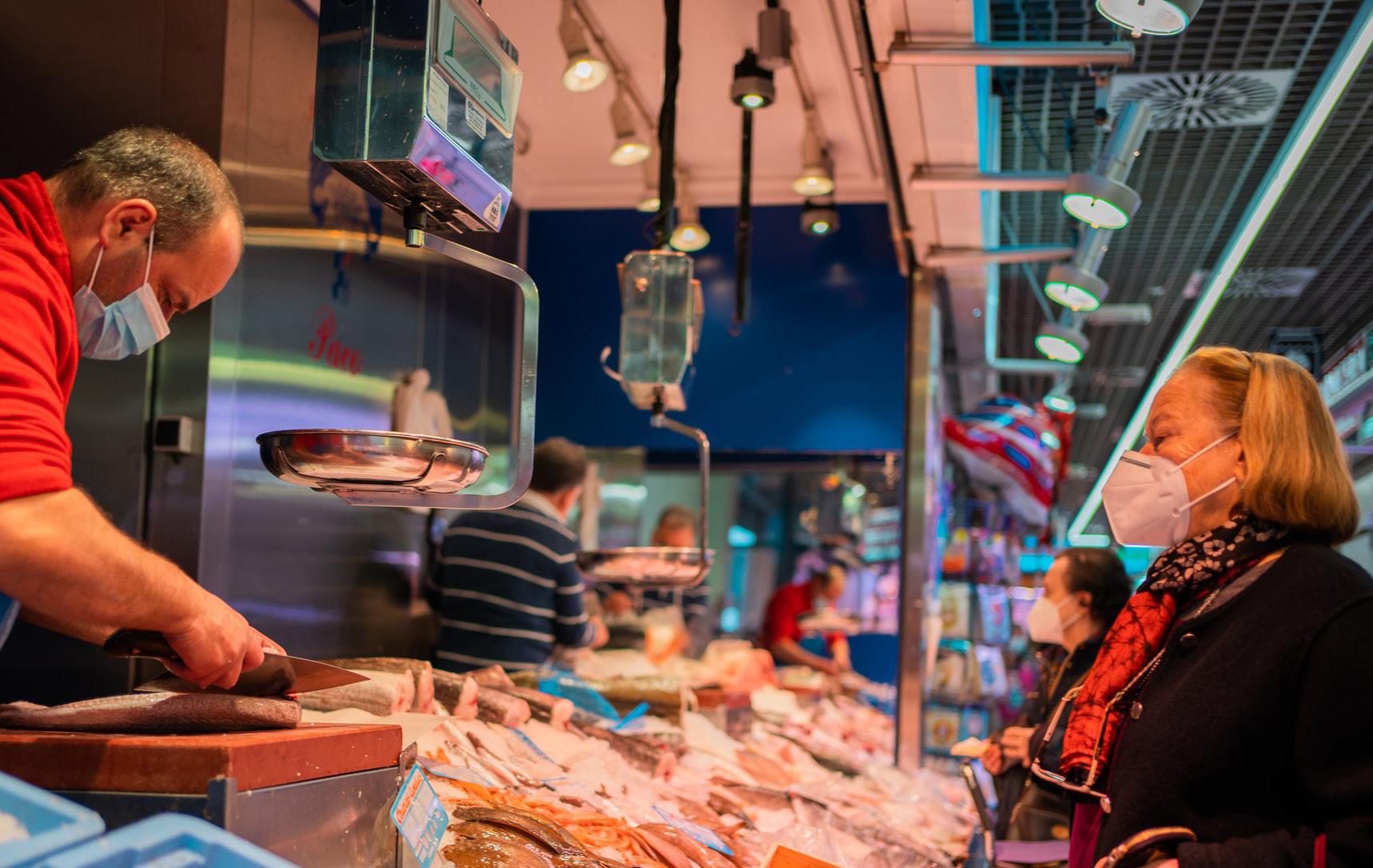
4 minute read
Credit Insurance Committee
Single Risk Committee
Christian Hendriks
Advertisement
“Anne, sister Anne, do you see anybody coming?” Sister Anne said, “I see nothing but a cloud of dust in the sun, and the green grass.” However, Sister Anne finally saw the brothers who eventually killed Bluebeard.
We are miles away from having such visibility. There is dust in the air but it remains unclear what it will bring to our business?
In this highly disruptive environment, one salient fact is that the CPRI market shows no disruption, while the Coronavirus crisis continues to have a severe impact on our societies for a second consecutive year.
During its Open Forum, the Single Risk Committee recognized that the impact on the market remains on the low side. The predominant view is that claim situation will deteriorate over the next six or twelve months, driven by the phasing-out period of the governmental support schemes. Some members anticipate claims start rising already in the first semester, whereas others expect the second semester.
The aircraft sector could be a case in point: members of the SR Committee discussed the probability that the sector could face liquidity issues, after the withdrawal of the governmental supports, pushing insolvencies and losses to high level.
Anyhow, there is a general agreement that market situation will change by the end of the year. The certainty of the difficulties to come can be read in the hardening of the reinsurance market, also impacted by the natural catastrophes events in 2020.
No disruption neither from the game changing after the Brexit: the London market has not been shaken up by major global change in market patterns. This demonstrates that the London market was well prepared for future proofing market in post Brexit era. It is the same report with regard to the Basel IV regulations whose processes have been delayed due to the Covid Crisis. This postponement provides more time to advocate against implications of the new regulatory rules for European banks. The damaging effect will be the same for the banks and the credit insurers, which are doing more and more business with banks. Consequence of the pandemic crisis affecting the world’s commodity markets, the banks are taking a growing lion’s share in most of risk portfolio.
Political risk insurers continue to see a rise in demand for cover, but level of demand remains below of pre-crisis levels. Risk appetite continues to improve and indicates a change towards green energy that has support of reinsurers and banks with the further integration of the ESG criteria. More than a trend, we can expect this issue to take the top of the agenda over the next few years. Single risk committee’s participants are looking for further diversification in new sectors while monitoring their exposures on traditional energy sources.
Christian Hendriks
Chair of the Single Risk Committee Company: Credendo – Single Risk
Despites real market opportunities, the degree of uncertainty persists, with a large dispersion of potential outcomes. There is a systemic risk with high leverage ratios for corporates and sovereigns, with zombies companies and with the re-emergence of inflation risk. Whilst the market participants are cautiously optimistic, they recognize that the vaccine timing and availability within the countries is probably the most important factor that will define the playing level field for the coming months.
Those issues will remain the prominent topics on the agenda during the next Committees, at least until the autumn one. Obviously, if we dare use the little key to open the secret closet, we might take some supply chain financing issues out of it…

Credit Insurance Schemes Return To Focus
By Daniel de Búrca, Head of Public Affairs, ICISA
Expected increases in both claims and demand in the year ahead were the key take-aways from the latest ICISA State of the Industry survey. Looking at the wider context, members noted the important role played by state support schemes, including credit insurance schemes in this period.
With many of the credit insurance schemes due to expire shortly, we look at this topic in more detail, as well as discuss what ICISA is doing to help members as they develop their thinking and prepare for the future.
Most TCI members responding to our latest State of the Industry survey reported that they participate in one or more of the state-backed credit insurance schemes. These schemes form part of the wider suite of measures used by countries to insulate businesses from the worst impacts of the pandemic.
Most credit insurance schemes are located in EU member states, but can also be found in the UK, Canada and a small number of other non-EU countries. In the EU, these fall under the state aid temporary framework, which sets out broadly what member states can do to support their economies at this time. This temporary framework was due to expire in June, but was extended earlier this year until the end of 2021. Credit insurance schemes in the EU also follow this time frame, but with terms of the schemes due to expire in June, discussions with governments will begin shortly.







